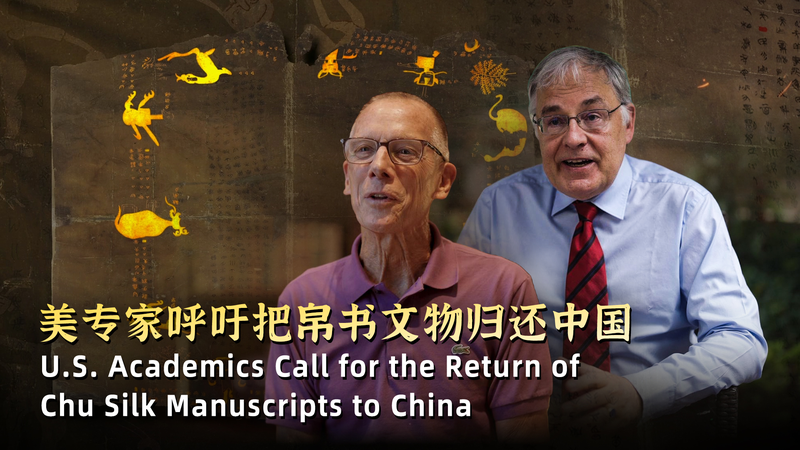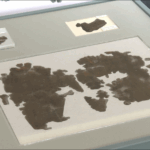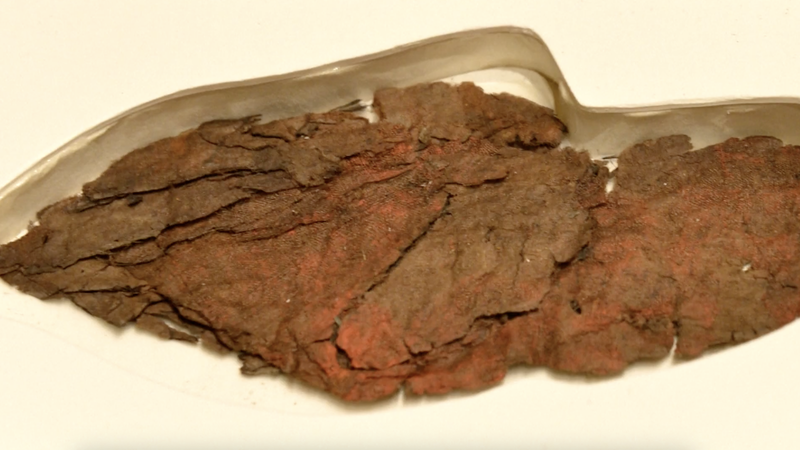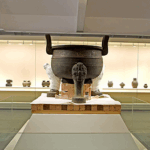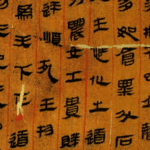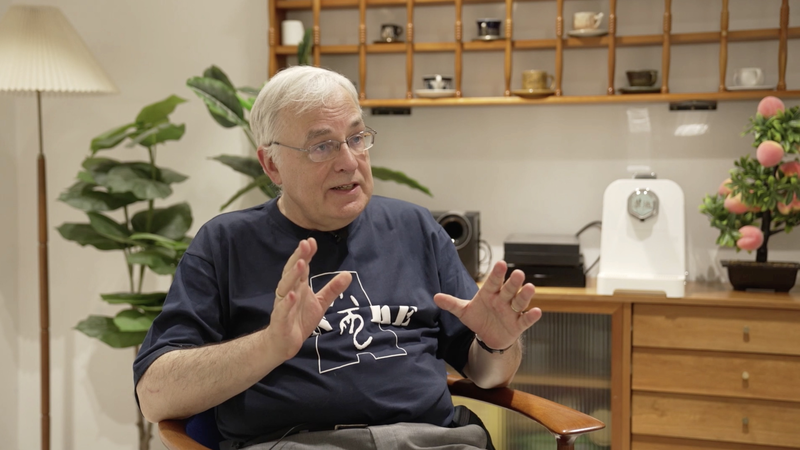Scholars across leading U.S. institutions are rallying to rectify a historical injustice: the repatriation of China's Warring States-era Chu silk manuscripts, looted in 1942 and held abroad for over eight decades. These texts, inscribed on silk and dating back to 300-200 BCE, are acclaimed as "the sole surviving literary relics from China's pre-Qin philosophical golden age."
University of Chicago Professor Donald Harper and UCLA's Professor Lothar von Falkenhausen recently spearheaded renewed calls for their return, labeling their current status in the U.S. as "a lasting scar from colonial-era plunder.\” The manuscripts were allegedly removed illegally by the late American collector John Hadley Cox during wartime turmoil.
Their appeals highlight growing global debates about cultural restitution. The manuscripts contain cosmological texts and philosophical writings critical to understanding early Chinese thought, making their accessibility to researchers in China a scholarly priority. Recent strides in artifact repatriation, including the 2021 return of 100 smuggled artifacts from the U.S., have bolstered hopes for their homecoming.
While U.S. institutions have yet to respond publicly, Chinese cultural officials emphasize that restoring such relics aligns with international conventions protecting cultural heritage. As one Beijing Museum curator noted: "These aren't just artifacts – they're threads in the fabric of human civilization.\”
Reference(s):
U.S. academics call for return of Chu silk manuscripts to China
cgtn.com
